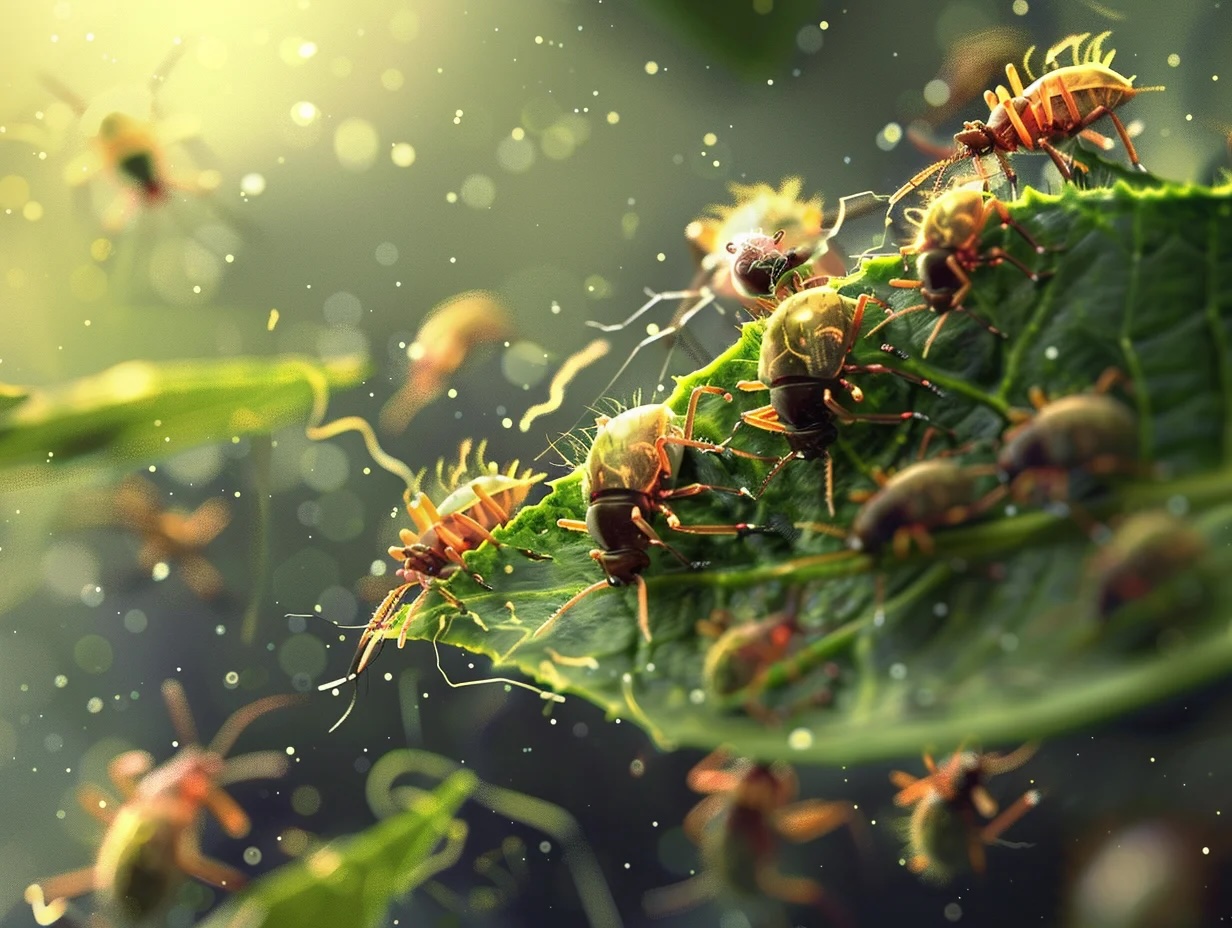Nuisance bug issues around homes are to be expected each year beginning in spring, but this year nuisance insect issues have been particularly frequent in Ventura County. Rainfall during the spring prompts vegetation growth, which attracts numerous plant-eating insects into residential and urban areas. Most herbivorous insects are not considered pests in usual circumstances, but heavy bouts of rainfall can lead to massive numbers of bugs in yards, gardens and inside of homes. Insects like chinch bugs, crane flies and mosquitoes reached nuisance levels in Ventura County a few months ago, but many residents of the county are continuing to struggle with additional insect pest hoards.
False chinch bugs, also known as an “earwigs,” are minute insects, but their abundance in many residential areas of the county this year made lawns look like they were moving. Masses of earwigs have been moving into backyard gardens, and while these insects are not typically destructive to lawn grass and garden plants, their high numbers can be startling to residents. Earwigs prefer to feed on weeds, particularly mustard, but some residents have spotted what appeared to be thousands of these bugs within their garden beds, making them potentially destructive to certain plants. According to Anna Howell, Ventura County entomologist with the University of California Cooperative Extension, plant and lawn-damaging insect pests were abundant in the countryside and on grassy undeveloped areas a few months ago, but these grass sources have largely dried-up by now, prompting the insect pests to invade parks, gardens and residential lawns.
The most alarming insect pest that has been abundant this year in Ventura County are mosquitoes. In order to prevent the transmission of mosquito-borne disease, Ventura County has initiated a program in which residents are being given mosquito-eating fish to be placed within abandoned pools and ponds where mosquitoes breed. Ant pests are becoming an increasing problem in the county as well, but residents can decrease ant pest issues by keeping their lawn vegetation clipped and well groomed. Luckily, populations of beneficial insects, like bees, butterflies and other pollinators, are high in the county this year, which is a welcome change.
Have you experienced insect pest issues on your property this year?


